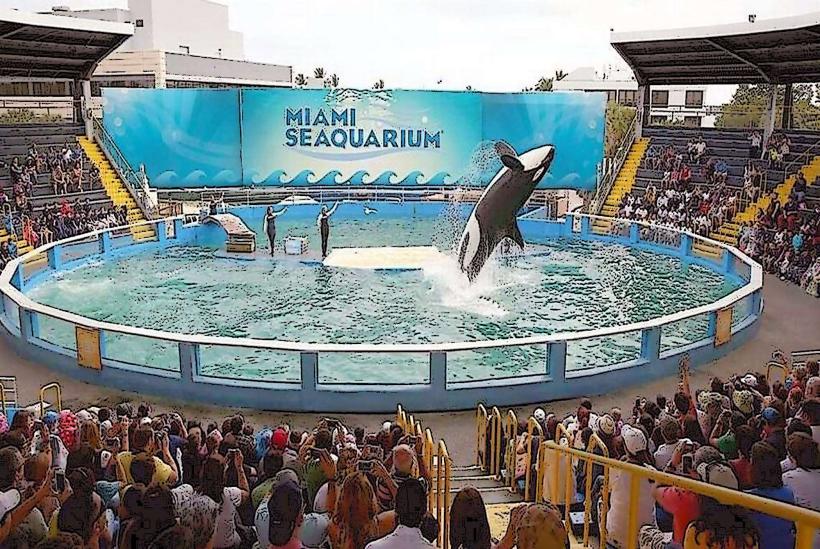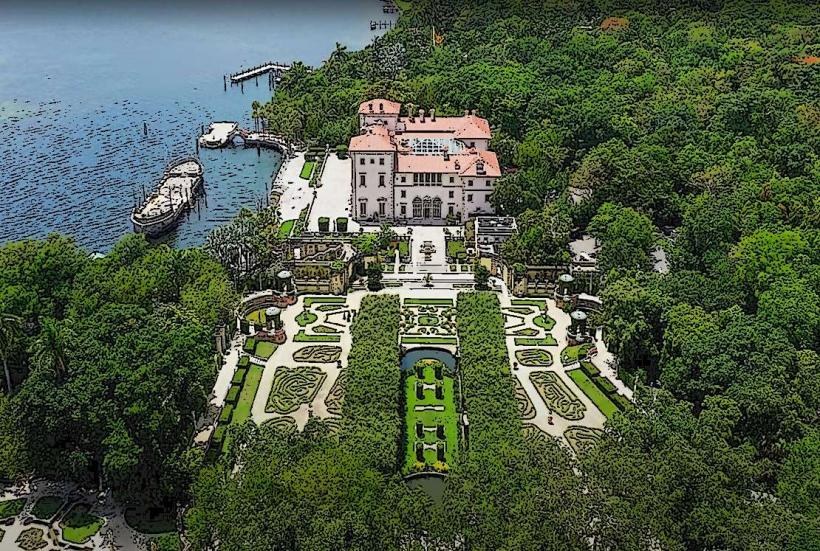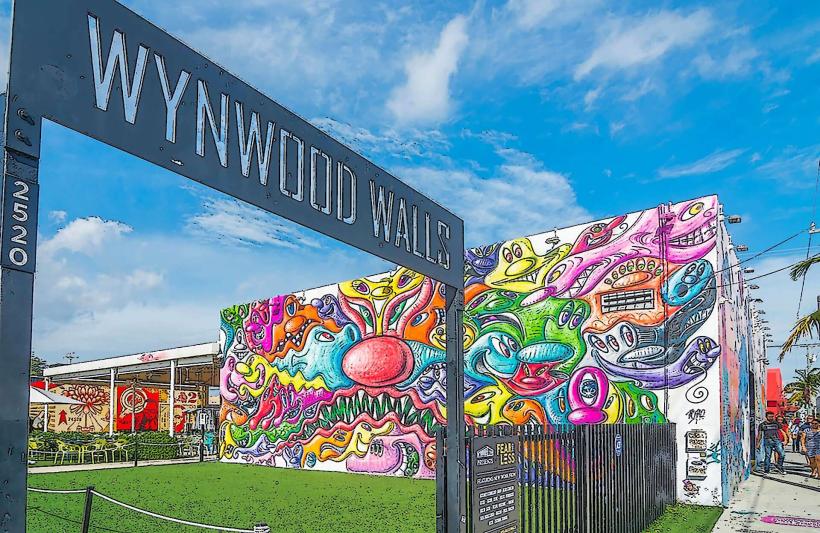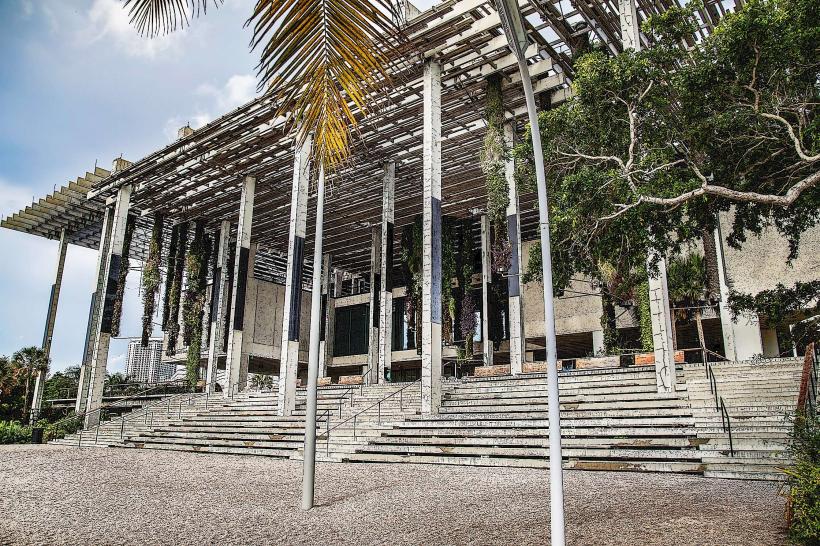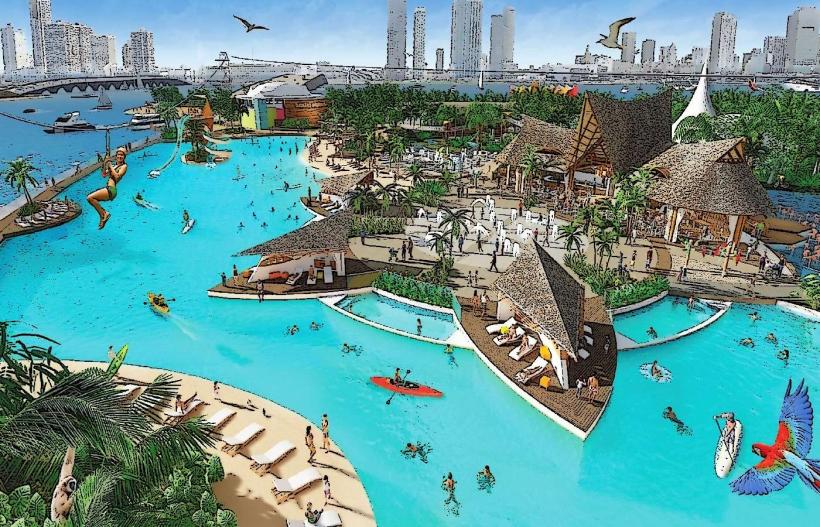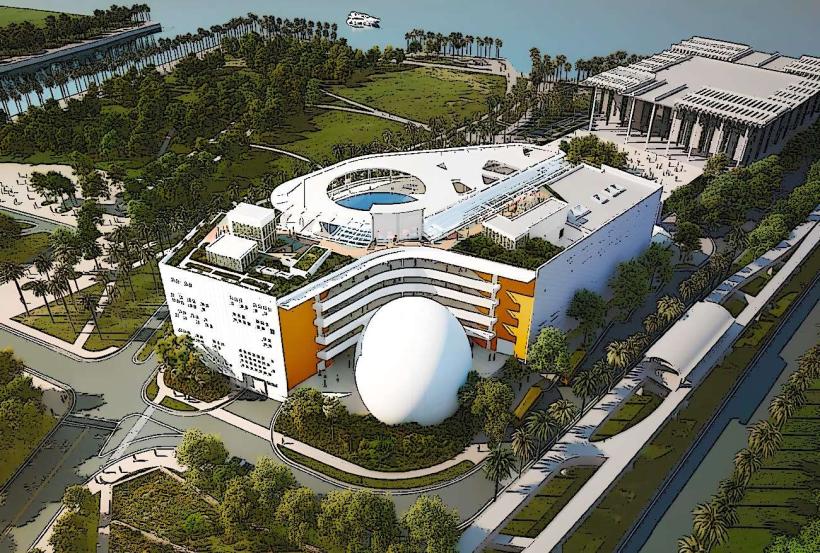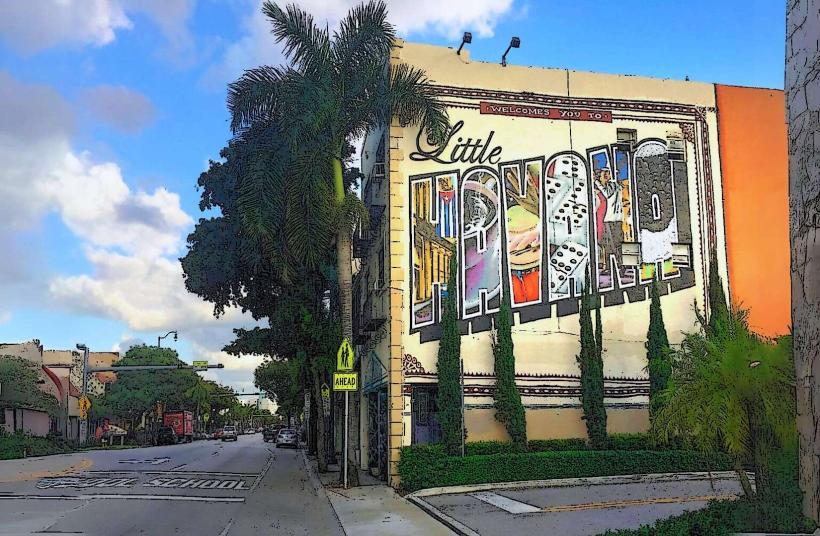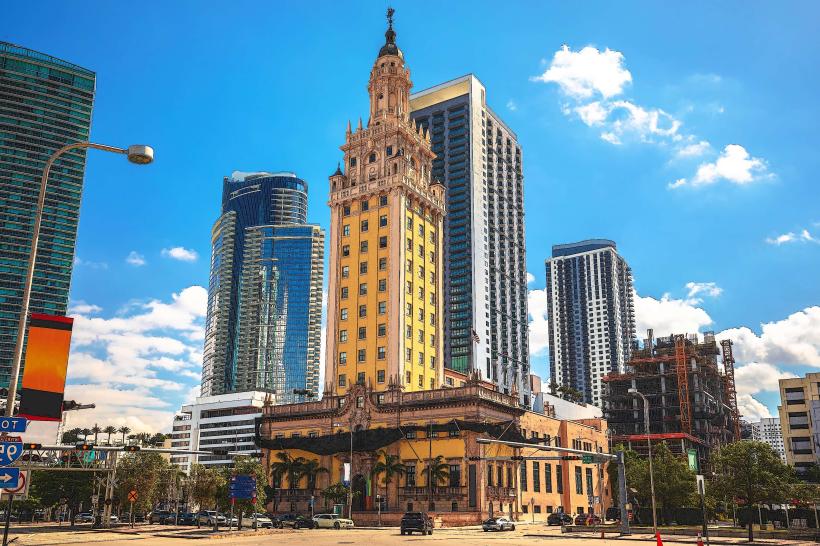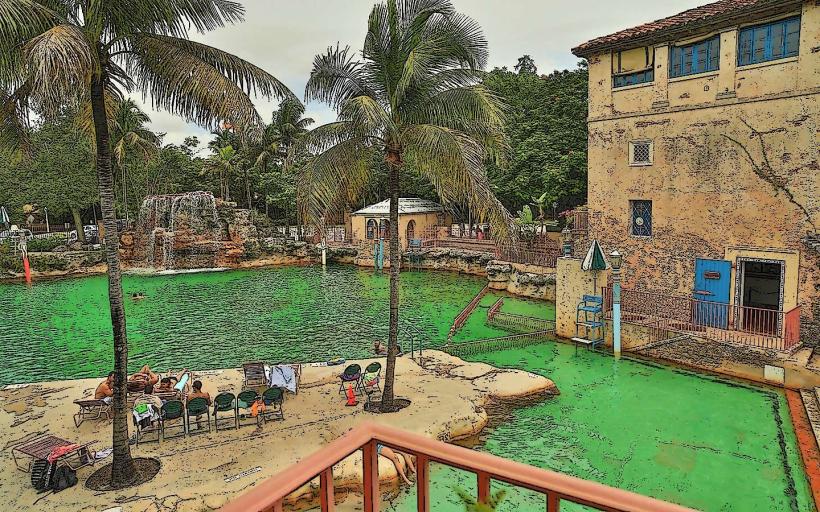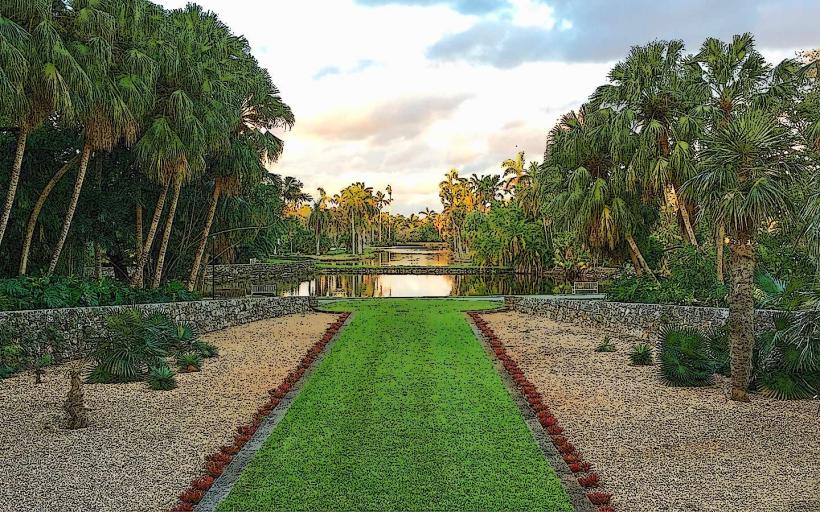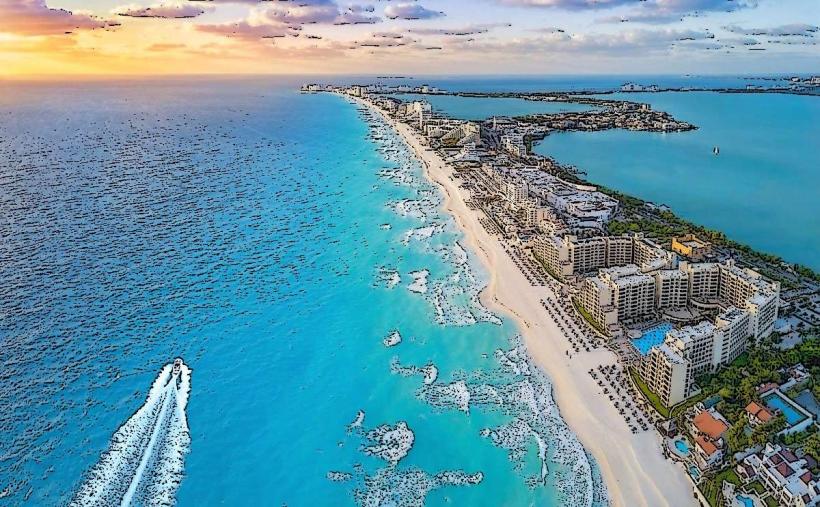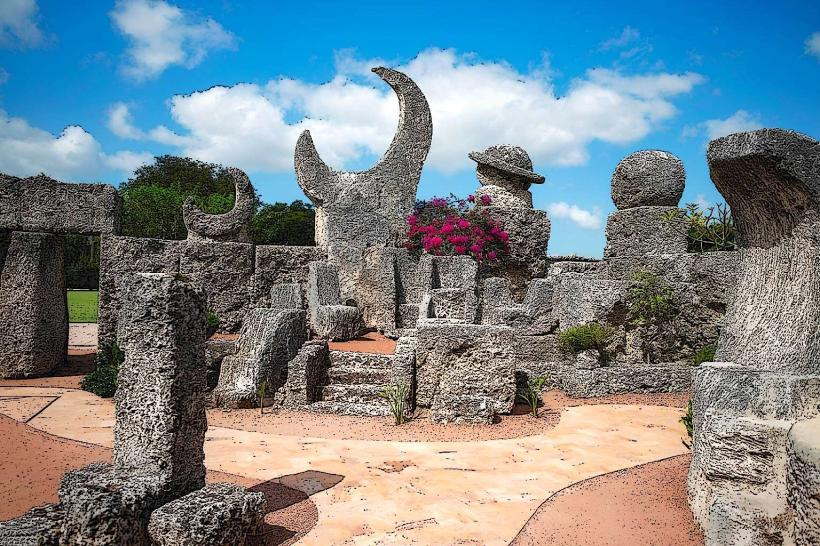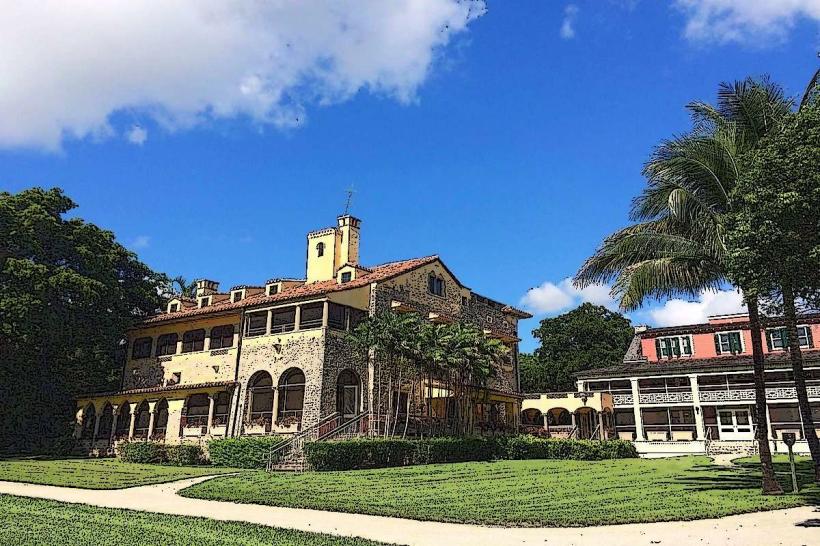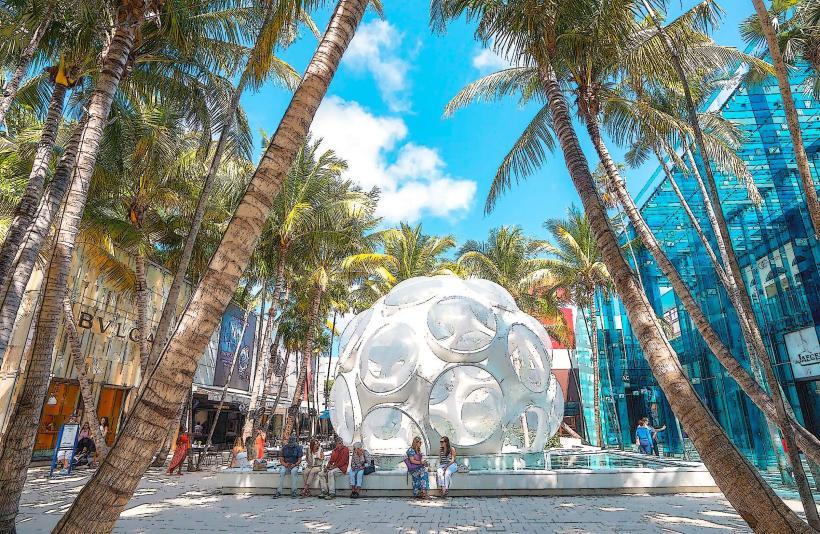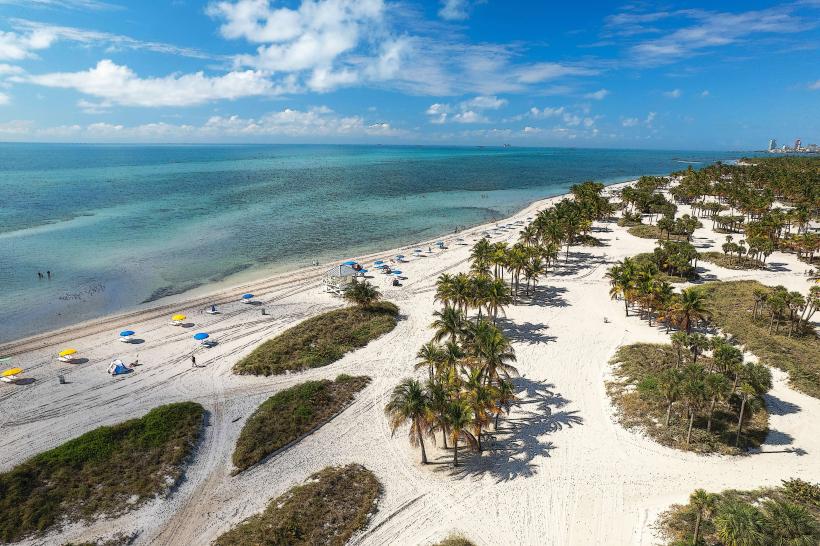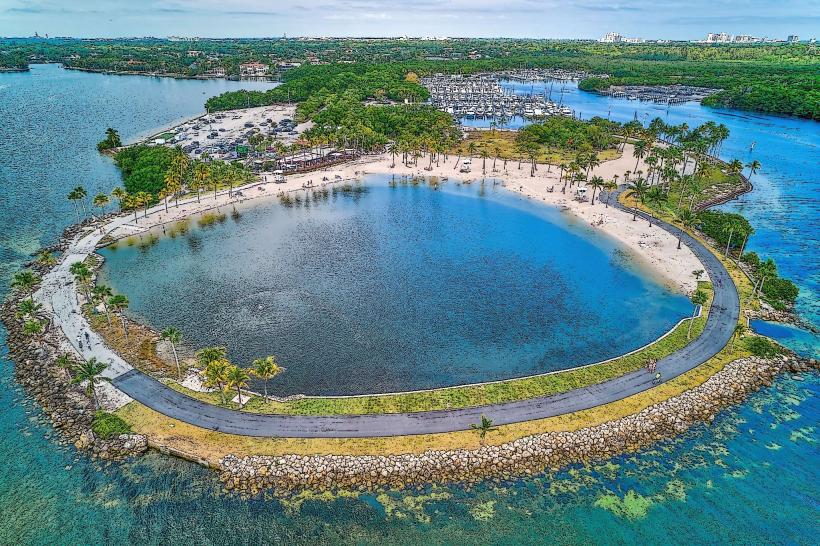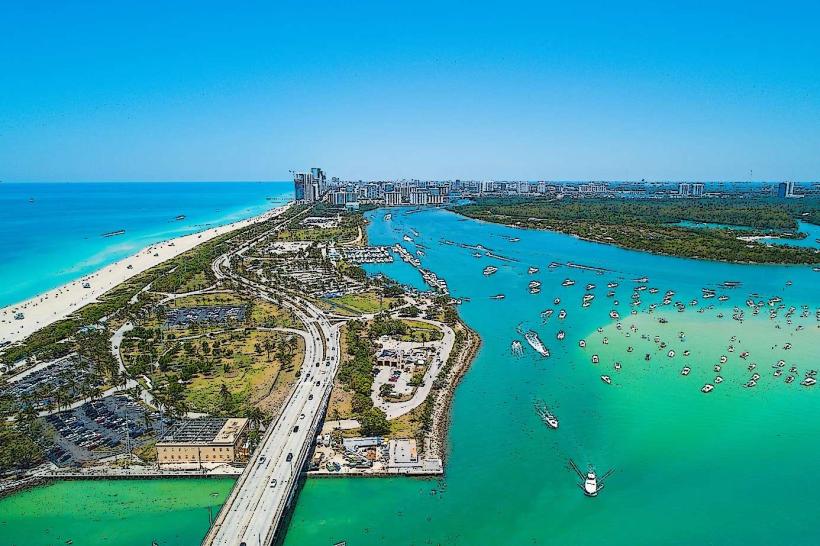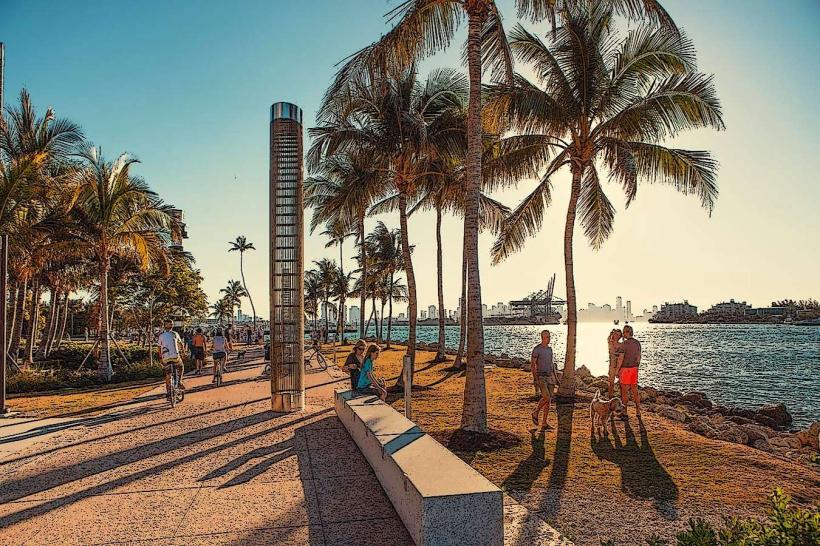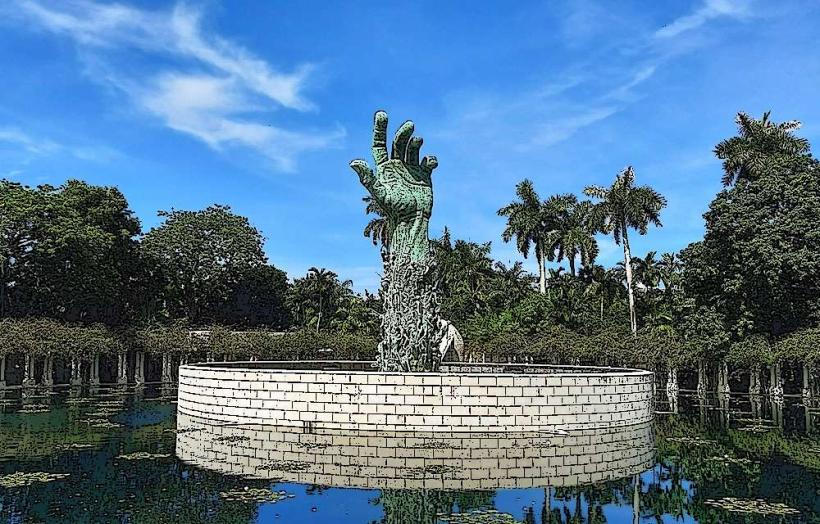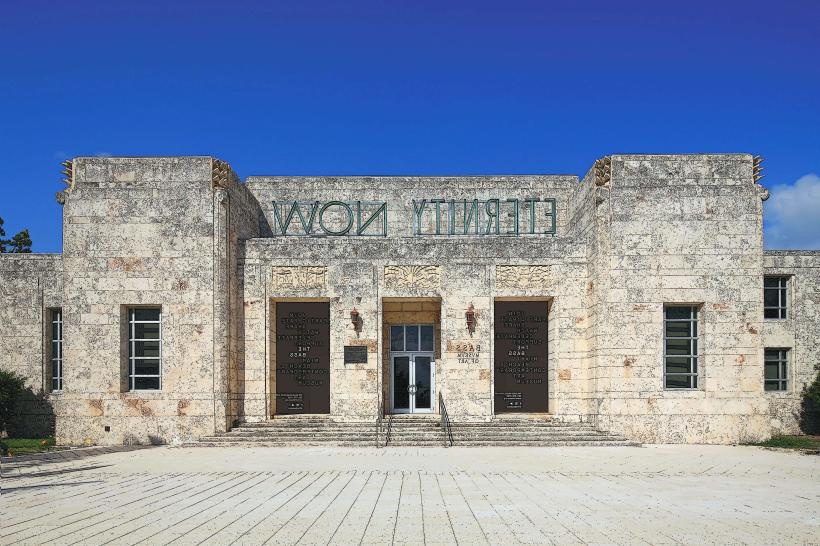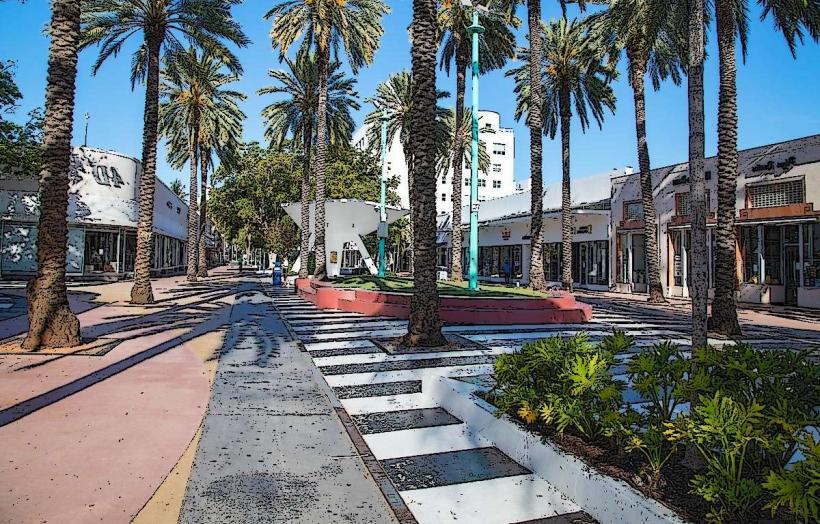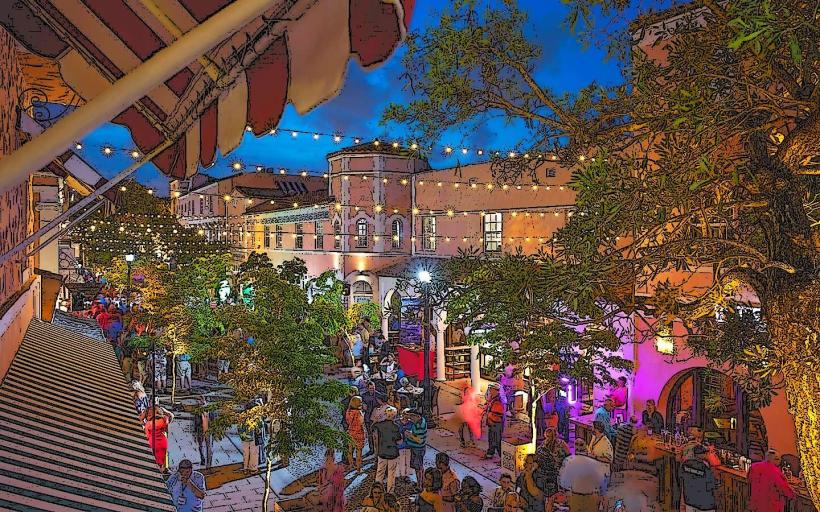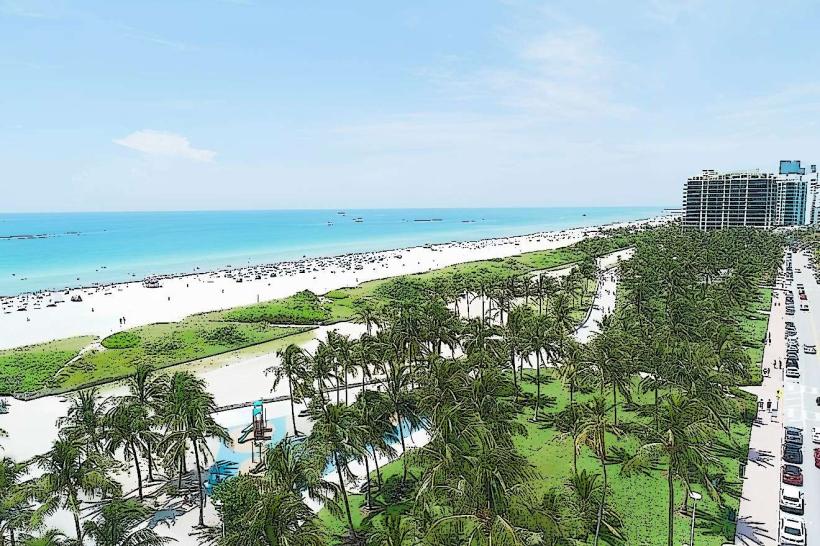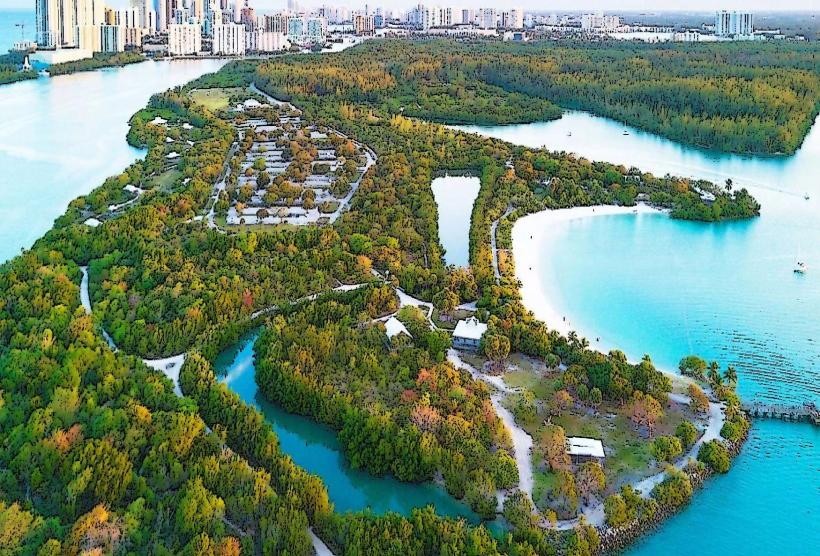Information
Landmark: Bayfront ParkCity: Miami
Country: USA Florida
Continent: North America
Bayfront Park, Miami, USA Florida, North America
Bayfront Park is one of Miami’s oldest and most iconic public parks. Located in the heart of downtown, along the western shore of Biscayne Bay, it spans approximately 32 acres and serves as a gathering place for concerts, festivals, recreation, and leisure. It’s a blend of scenic landscaping, cultural monuments, and modern event spaces.
1. Historical Overview
Opened in 1925, Bayfront Park was originally designed as a green urban space during Miami’s early development boom. It was developed by landscape architect Warren Henry Manning, known for his work on naturalistic parks and city plans.
It has undergone several renovations, the most significant being in 1980 by celebrated Japanese-American artist and designer Isamu Noguchi. His redesign introduced sculptural landscapes and minimalist modernism, blending art with environment.
The park has witnessed historic moments, including political rallies, papal visits, protests, and cultural celebrations.
2. Location and Accessibility
Address: 301 Biscayne Boulevard, Miami, FL 33132
Public Transport: The park is easily accessible by the Metromover (free public transit in downtown). The closest stations are:
Bayfront Park Station
First Street Station
College/Bayside Station
It’s located near:
Bayside Marketplace (shopping and dining complex)
Kaseya Center (formerly American Airlines Arena)
Frost Museum of Science
Pérez Art Museum Miami
3. Main Attractions and Features
a) FPL Solar Amphitheater
A prominent outdoor music and event venue inside the park.
Capacity: About 10,000 people.
Hosts major concerts, festivals, and civic events year-round, including Ultra Music Festival.
b) Tina Hills Pavilion
Smaller open-air stage and canopy area ideal for community events, yoga, and local performances.
c) Bayfront Park Fountain
Originally a centerpiece of the park, this large fountain had been non-functional for nearly two decades.
In 2023–2024, the city completed a $5.5 million restoration project, returning it to full operation.
Features water and light displays, and serves as a visual landmark within the park.
d) Monuments and Sculptures
Challenger Memorial: Honors the astronauts lost in the 1986 Space Shuttle disaster.
World War II Veterans’ Memorial: Dedicated to those who served in the U.S. Armed Forces.
Centennial Time Capsule: Sealed in 1996 and set to be opened in 2096.
Slide Mantra: A signature sculptural work by Isamu Noguchi—a massive marble slide that doubles as both play structure and art.
e) Skyviews Miami Observation Wheel
A 200-foot tall Ferris wheel located along the northern edge of Bayfront Park.
Enclosed gondolas offer panoramic views of downtown Miami, Biscayne Bay, and the surrounding islands.
f) Lee & Tina Hills Playground
A themed, safe play area for children with nautical motifs, slides, and interactive elements.
Designed for children between the ages of 5 and 12.
g) Jogging and Walking Paths
The park features miles of paved, tree-lined paths ideal for walking, jogging, or biking.
The eastern edge provides direct waterfront views of the bay, boats, and the Port of Miami.
4. Events and Public Activities
Bayfront Park hosts a wide variety of free and ticketed events throughout the year:
New Year’s Eve Celebration:
Known for the "Big Orange" countdown, where a neon orange fruit rises up the side of a building.
Fireworks over Biscayne Bay.
Fourth of July – America’s Birthday Bash:
One of the city’s largest Independence Day festivals.
Live music, food vendors, family activities, and fireworks.
Ultra Music Festival:
One of the world’s most famous EDM festivals.
Takes place annually in March.
Draws massive international crowds.
Yoga and Fitness Classes:
Free yoga is regularly held at the Tina Hills Pavilion.
Occasional boot camps and wellness events are also offered.
Cultural and Community Events:
Bayfront Park is a common site for parades, protests, and cultural celebrations like Hispanic Heritage festivals and Caribbean Carnival events.
5. Design and Landscaping
Isamu Noguchi’s 1980 redesign emphasized geometric forms, open space, and blending art with function.
Use of native and tropical plants like royal palms, gumbo limbos, sea grapes, and flowering shrubs.
Wide open lawns, shaded groves, and terraced plazas contribute to the park’s flexible usage—from quiet picnics to massive festivals.
The park provides important green space in a dense urban core.
6. Practical Information
Hours: Open daily from sunrise to sunset.
Entry Fee: Free access to the general park area. Some attractions and events may require tickets.
Parking:
Multiple public garages and lots are located nearby.
Street parking is limited, but nearby Bayside Marketplace offers paid parking.
Amenities:
Restrooms, water fountains, seating areas, event kiosks, and food vendors during events.
ADA-accessible walkways and ramps.
Summary
Bayfront Park is a dynamic urban park that reflects Miami’s identity—tropical, diverse, and vibrant. It serves as both a peaceful retreat by the water and an energetic venue for some of the city’s biggest cultural events. Whether you’re there to relax, sightsee, or attend a festival, Bayfront Park offers a quintessential downtown Miami experience.

